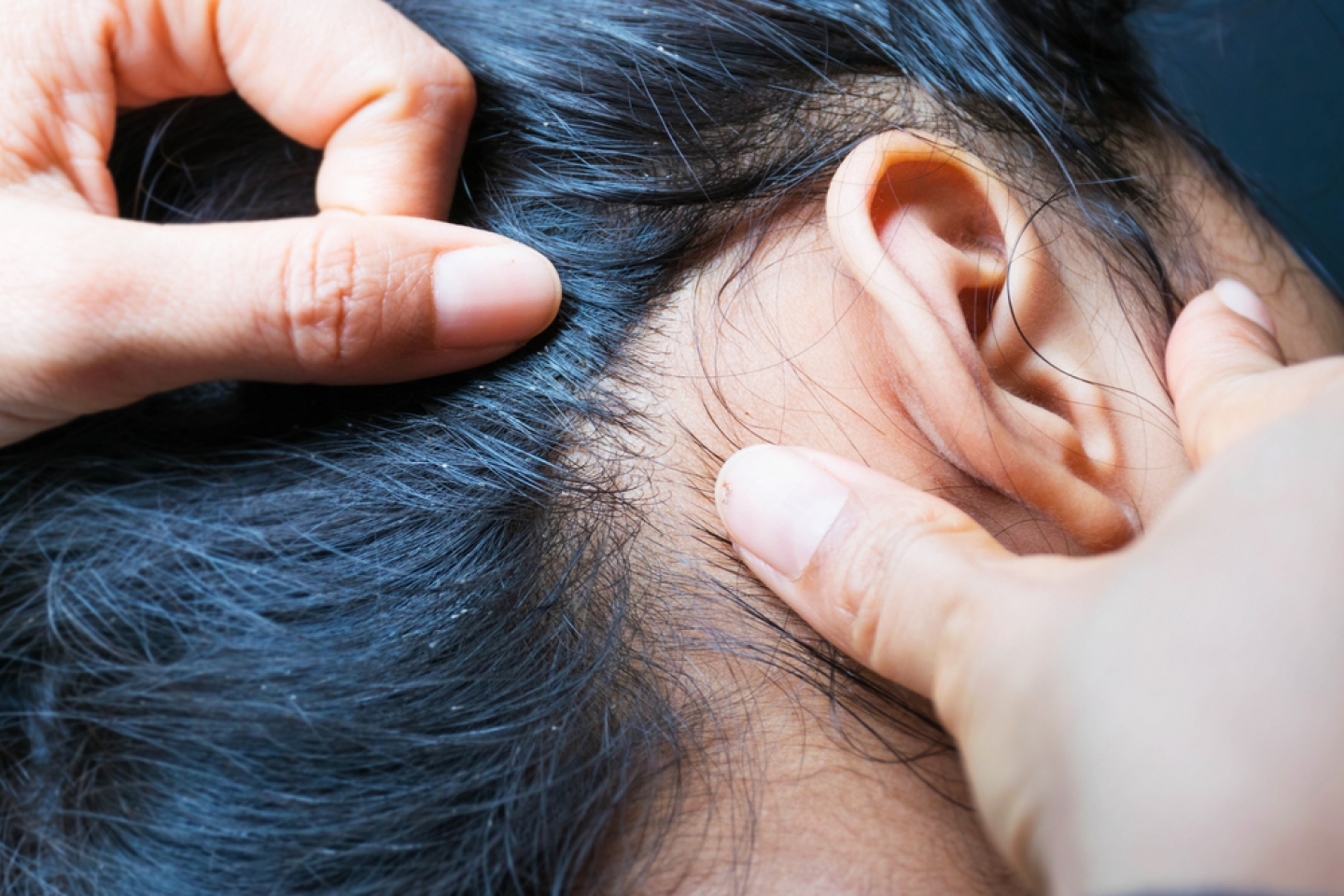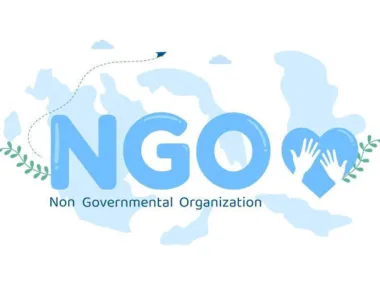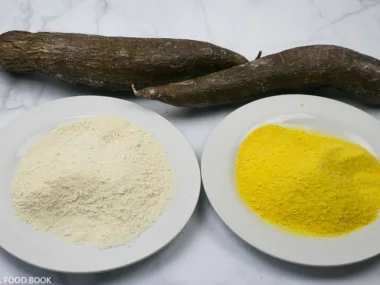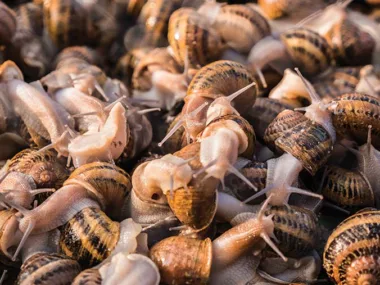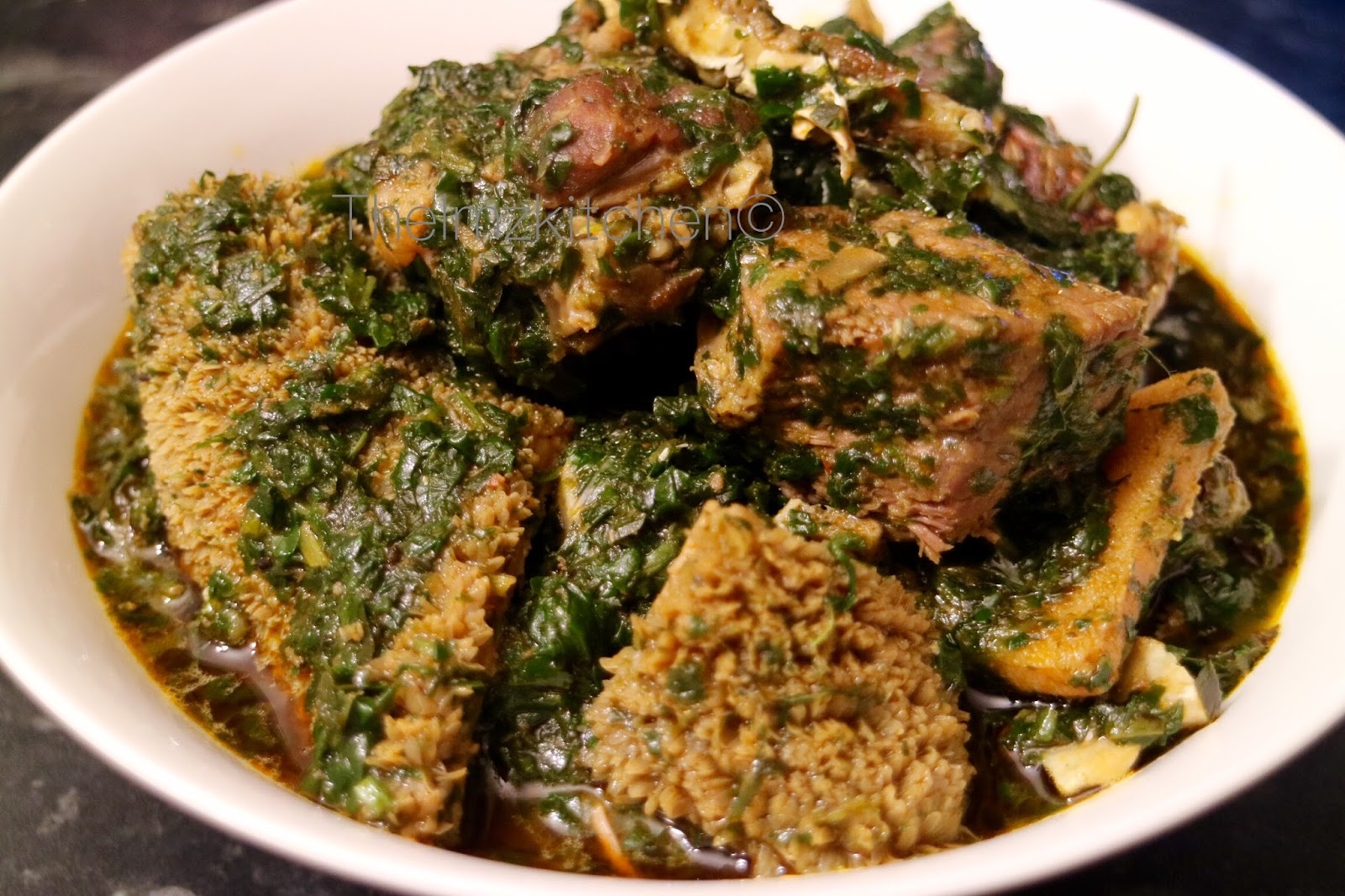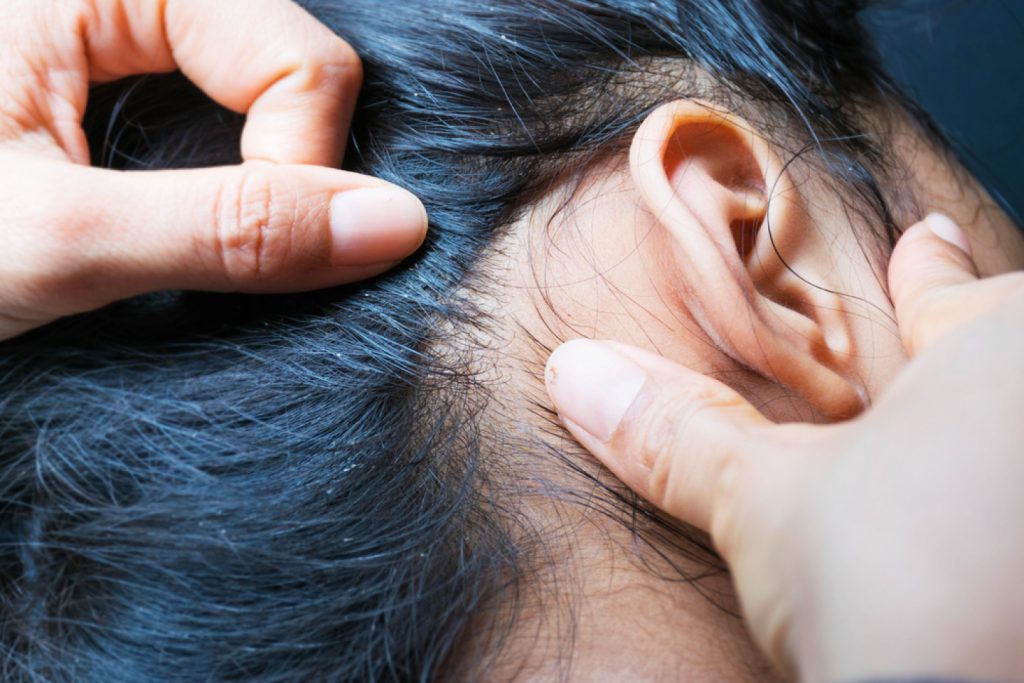
Head lice are a common problem in Nigeria, especially among schoolchildren. These tiny insects can cause a lot of itchiness and discomfort, but fortunately, there are some simple and effective treatments that can get rid of them. In this article, we’ll discuss the best ways to treat hair lice in Nigeria. From over-the-counter medicines to home remedies, we’ll cover all the bases so you can keep your family’s hair lice-free. So if you’re looking for an answer to the question ‘how to treat hair lice in Nigeria?’, then read on!
The first step is prevention – using proper hygiene practices and avoiding close contact with anyone who may have lice. It’s also important to check your child’s hair regularly and look out for any signs of head lice. If you do find any, it’s important to act quickly and start treatment right away.
There are several over-the-counter medicines available in Nigeria that can help treat head lice. These usually come in the form of shampoos or creams that should be applied directly to the scalp. They contain insecticides which kill the adult lice as well as their eggs, helping get rid of them quickly and effectively. But these products aren’t suitable for everyone – they’re not recommended for children under two years old or pregnant women, for example – so make sure you read the instructions carefully before using them.
Definition Of Hair Lice
Hair lice are small parasites that live on the scalp. They feed off of the person’s blood and lay eggs, which then hatch and become adults. Hair lice can cause itchiness, discomfort and embarrassment for those affected by them. The most common type of hair lice in Nigeria is known as Pediculus capitis.
These parasites spread through close contact with an infected person or sharing of personal items like combs, hats or scarves. It is possible to contract hair lice from animals too. This is especially common amongst people who keep pets such as cats or dogs.
Treating hair lice requires a multi-pronged approach including prescription medications, home remedies and preventive measures. It is important to take all necessary steps to ensure that the problem does not recur and spreads further.
Prevalence In Nigeria
The prevalence of hair lice in Nigeria is significant. According to a study conducted by the World Health Organization, an estimated 30% to 40% of children between the ages of 5 and 15 in Nigeria are affected by head lice. This figure rises to 60% in some parts of the country. The same study found that girls are more likely than boys to be infested with head lice in Nigeria, and that girls tend to have higher levels of infestations than boys.
Head lice infestation is most common among school-age children due to the close contact between students, which makes it easier for lice to spread from one person to another. It is also more likely for children living in overcrowded households or communities with poor hygiene practices, as well as those attending school without sufficient access to cleaning facilities, as these factors increase the risk of transmission.
In addition, adults may also get infected with head lice if they come into contact with other people who have them, or if they share personal items such as combs and hats. To minimize the risk of infection, it’s important for individuals and families to practice good hygiene measures such as avoiding sharing personal items and frequent hand-washing. It’s also important to educate children on how best to prevent head lice infestations through proper hygiene practices and prompt treatment when necessary. Ultimately, knowledge about prevention and early detection is key in stopping the spread of head lice in Nigeria.
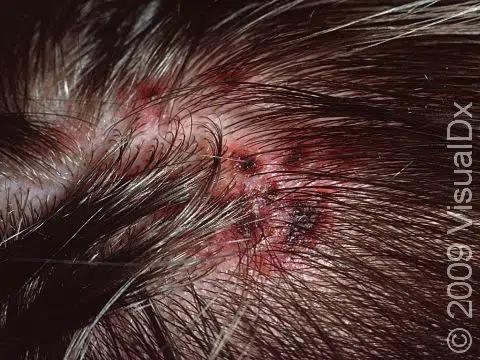
Common Symptoms Of Infestation
Having discussed the prevalence of hair lice in Nigeria, it is important to understand the common symptoms of infestation. Hair lice can cause several physical and psychological symptoms that can be difficult to ignore. The most common signs include intense itching on the scalp, neck, and shoulders. These areas are also likely to have red bumps or small sores due to scratching. Additionally, white flakes may appear in the hair as a result of lice droppings.
It is also possible for an individual to find live adult lice or eggs (commonly known as nits) that are attached to the base of their hair strands. If these are present, the infestation is more severe and requires treatment immediately. Furthermore, individuals may experience difficulty sleeping due to discomfort in their scalp or shoulders caused by the presence of lice.
The best way to confirm whether an individual has hair lice is through a professional diagnosis by a healthcare provider who can accurately identify them using a microscope or comb-out test. If left untreated, hair lice infestations can spread quickly and cause further discomfort and distress for those affected. Therefore, it is essential that individuals seek professional help if they suspect they have an infestation so they can get treated promptly and effectively.
Different Types Of Lice
There are three common types of lice found in Nigeria: head lice, body lice, and pubic lice. Head lice are the most common type of lice affecting people in Nigeria. They typically live on the scalp, behind the ears, and at the nape of the neck. Though they cannot fly or jump, they can crawl from one person to another through contact with an infested individual’s hair or clothing. Body lice live on clothing and bedding that is not washed often and feed off human blood. This type of louse is more likely to spread among individuals who have poor hygiene practices or work in close proximity to each other for extended periods. Lastly, pubic lice are usually found in areas around the genitals, such as on pubic hair and undergarments. These parasites typically spread through sexual contact but can also be spread through contact with infested items like bedding or clothing.
Treating head, body, and pubic lice requires different approaches depending on the type of parasite being treated. For head lice, a medicated shampoo should be used to kill any existing parasites before combing out any remaining eggs with a special fine-toothed comb. It’s important to also clean areas where these insects may have been living by washing all bed linens and clothes in hot water and vacuuming carpets and furniture thoroughly. For body and pubic lice infestations, it’s necessary to treat both yourself as well as your environment by laundering all clothing, bedding, towels, etc., in hot water before applying a topical insecticide product specifically labeled for treating body or pubic lice.
It’s essential to remember that simply eliminating a population of head-, body-, or pubic-louse doesn’t guarantee that you won’t become re-infested; therefore it’s important to practice good hygiene habits such as frequent handwashing after coming into contact with someone who has an infestation or items they have touched; avoiding sharing personal items such as combs, hats, scarves; changing into fresh clothes after being with an infested person; washing clothes at high temperatures weekly; and vacuuming regularly to remove any potential hiding places for these parasites.
Causes And Risk Factors
Transition: Lice are a common problem, and understanding their causes and risk factors is important in order to treat them effectively.
The most common cause of hair lice in Nigeria is contact with an infected person or object. This could be as simple as sharing a comb, brush, towel, hat, or pillow. It’s also possible for lice to spread through indirect contact such as sitting on a couch or using the same bed sheets. Even sharing a hair tie or ribbon can spread lice from one person to another.
Certain habits and lifestyle choices can increase the risk of developing head lice. These include sleeping over at friends’ homes often, attending crowded places like schools and daycares, and engaging in close physical contact with others such as hugging or kissing. Poor hygiene practices like not regularly washing clothes and hair products can also put individuals at higher risk for infection.
In Nigeria, the best way to prevent head lice is to practice good hygiene habits such as washing your hair regularly and changing bedding frequently. It’s also important not to share personal items that could spread lice like combs, hats, and hair ties with others. If you think you may have been exposed to head lice, it’s important to seek treatment right away so that it doesn’t spread further.
How To Diagnose
To diagnose hair lice in Nigeria, it is important to be aware of the common signs and symptoms. First, it is important to look for small white or grey eggs that are attached close to the scalp. These eggs are usually found behind the ears and at the nape of the neck. Second, you may notice itching and irritation on your scalp. This is caused by an allergic reaction to the saliva of the lice as they feed on your blood. Lastly, you may notice tiny bugs crawling around your hair or skin. These bugs can be seen with a magnifying glass and will be about 2-4 mm in length.
The best way to accurately diagnose hair lice is to visit a doctor or health care provider who can examine your scalp and confirm if there is indeed an infestation present. They may also suggest treatments such as medicated shampoos or lotions that can help get rid of any remaining lice and their eggs.
It is important to remember that early detection and treatment are essential for preventing any complications that may arise from a lice infestation. Therefore, it is recommended that anyone who suspects they have hair lice should consult a medical professional right away.
Home Remedies
Now that we have discussed how to diagnose hair lice in Nigeria, let’s look at some home remedies for treating them. The first home remedy to try is using a nit comb. Nit combs can be purchased at most pharmacies and are used to manually remove the lice and their eggs from the hair. This should be done every day until all of the lice have been removed.
Another home remedy is tea tree oil. Tea tree oil has been shown to help combat lice, as it can kill both the adult lice and their eggs. It should be applied directly to the scalp and left on for several hours before being washed out with shampoo. However, it should not be left on for too long, or it could cause skin irritation.
Lastly, another common home remedy is washing the hair with a vinegar solution. Vinegar has acidic properties which can help break down the protective coating around the lice eggs, making them easier to remove from the hair shafts. It can also help reduce itching caused by lice bites. To make a vinegar solution, mix equal parts white vinegar and water and massage into wet hair before rinsing thoroughly with cool water. Repeat this process regularly until all of the lice have been removed from the scalp.
Otc Treatments
In Nigeria, there are a few over-the-counter (OTC) treatments available for treating hair lice. The most popular and widely used OTC treatment is a medicated shampoo containing permethrin or pyrethrin. This type of shampoo will kill both adult and nymph lice, though it may need to be used several times before the infestation is eliminated. It’s important to note that these shampoos shouldn’t be used on children younger than two months old.
Another option for treating hair lice in Nigeria is the use of an insecticide spray or mousse containing malathion, which can be applied directly onto the scalp. This type of product should also be used multiple times in order to get rid of all the lice. However, it’s important to follow the instructions carefully when using any insecticide product, as misuse could lead to skin irritation and other side effects.
Finally, individuals with hair lice in Nigeria can also use home remedies such as applying tea tree oil or vinegar directly to their scalp. These home remedies are not backed up by scientific evidence, but some people have found them helpful in getting rid of their lice infestations. It’s important to follow up with one of the OTC treatments afterward in order to ensure that all the lice have been removed from the scalp and hair.
Prescription Medications
Prescription medications are one of the most effective ways to treat hair lice in Nigeria. These medications must be prescribed by a doctor and usually come in the form of lotions, creams, or shampoos. The most common prescription medications used to treat lice in Nigeria are ivermectin, malathion and spinosad.
Ivermectin is an anti-parasitic medication that disrupts nerve cell communication and causes paralysis or death of the lice. It is available as a cream, lotion or shampoo and needs to be applied twice at an interval of seven days. However, it is not recommended for pregnant women or those with weakened immune systems.
Malathion is an insecticide which works by blocking enzymes essential for survival in insects. It needs to be applied twice at an interval of seven days as well but its use has been restricted due to its potential health risks.
Spinosad is another prescription medication that works by disrupting neurotransmitter function in insects, causing them to die off within 24 hours after application. It comes in the form of a lotion and may cause skin irritation so it should be used with caution. Additionally, it should not be used on pregnant women or those with weakened immune systems.
These prescription medications can be effective when used according to instructions given by your doctor but if they fail then other treatments such as chemical shampoos may need to be tried. It’s important to seek medical advice before using any treatment for hair lice as some treatments may lead to adverse effects on health.
Natural Remedies
In Nigeria, there are several natural remedies for treating hair lice. The most common and effective of these is coconut oil. Coconut oil is a potent antiparasitic that can kill both adult lice and their eggs. It should be applied directly to the scalp and left overnight. In the morning, the hair should be combed with a fine-toothed comb to remove any remaining lice or eggs. Another natural remedy is tea tree oil, which has been proven to be an effective treatment for head lice. This should also be applied directly to the scalp and left in overnight before being washed out in the morning. Finally, neem oil can also be used as a natural head louse treatment. Neem oil has antifungal, antibacterial, and insecticidal properties that can help kill both adult lice and their eggs. It should also be applied directly to the scalp and left in overnight before being washed out in the morning.
Herbal Remedies
Herbal remedies are a popular choice for treating hair lice in Nigeria. These natural treatments can be found in many stores, and provide a safe, effective solution. The most common herbal remedy is the use of tea tree oil. This oil has antiseptic and anti-inflammatory properties that help to reduce itching and irritation caused by lice. It can also help to kill the lice eggs, preventing them from hatching into adult lice. Additionally, neem oil is another herbal remedy that can be used to treat hair lice. Neem oil has antibacterial properties which make it an effective treatment for killing the lice eggs and adult lice.
Other herbal remedies include using garlic, onion, or apple cider vinegar on the scalp as a rinse or soak. Garlic contains antimicrobial compounds which may help to kill off the lice eggs and adult lice, while onion is thought to have similar effects due to its strong smell. Apple cider vinegar is thought to work similarly by suffocating the lice eggs and making it difficult for them to hatch into adults. All of these options are safe and have been used successfully in Nigeria for treating hair lice infestations.
By taking advantage of these natural treatments, one can get rid of their hair lice problem quickly and safely without having to resort to more harsh chemical solutions.
Prevention Tips
The best way to prevent hair lice in Nigeria is to take precautionary measures. To begin with, it is important to avoid close contact with people who you suspect might have lice. Additionally, one should ensure their hair and scalp are clean at all times. Washing the hair regularly with a medicated shampoo also helps reduce the risk of getting lice. There are also over-the-counter medications available that can help treat and prevent lice infestations.
It is also important to practice good hygiene habits when using hair care products or tools such as combs, brushes and hairdryers. Items used on the head should be sanitized regularly by boiling them for five minutes or washing them in hot water and detergent. It is also important to change bedding and clothing frequently as lice eggs may remain attached to fabrics for several days before hatching.
By taking these steps, one can reduce the risk of getting lice significantly and help protect themselves and others from getting an infestation.
When To See A Doctor
If home treatments are unsuccessful, it’s important to see a doctor. They will be able to prescribe medication to treat the lice. It’s also recommended to visit a doctor if the scalp becomes inflamed or if the infestation is severe and covers the entire scalp.
In Nigeria, there are several ways to access qualified health care professionals, including private clinics and public hospitals. If you have any concerns about treatment options or side effects of medications, you should always consult with your doctor before beginning any new treatment regimen.
It’s essential that anyone who has head lice seek proper medical attention as soon as possible in order to avoid further spread of the parasites and prevent them from becoming resistant to medications.
Possible Complications
The potential complications of lice infestation in Nigeria can be serious, but are not life-threatening. If left untreated, the lice can cause severe itching and skin irritation, leading to open sores and bacterial infections. Scratching these sores can lead to further infection and even scarring. These complications can be avoided by seeking medical attention and treatment as soon as possible.
In some cases, lice infestations can also lead to anemia or nutritional deficiencies due to lost blood from bites. This is especially true for young children who may not realize they have lice until it’s too late. It’s important to inspect your child’s scalp regularly in order to identify the problem early on and begin treatment promptly.
Lice infestation can also cause mental stress due to embarrassment or anxiety about being seen with a visible infestation. The stigma associated with head lice makes it difficult for many individuals to seek help, so it’s important to educate yourself about the condition and take steps towards prevention and early detection if you suspect an infestation. Taking proactive measures such as washing bedding regularly and avoiding sharing personal items like hats or combs will help reduce the risk of transmission.
Long-Term Health Effects
Although lice infestations are typically not dangerous and can be treated, they may have long-term health effects. It is important to note that if left untreated, lice can cause skin irritation or inflammation due to the bites of the insects. Additionally, itching from lice can cause a person to scratch so much that their skin breaks and becomes infected. This infection could lead to serious complications such as abscesses or sepsis.
It is also possible for a person with lice to develop an allergic reaction to the saliva of the insects. This could result in hives, rashes, and difficulty breathing. Furthermore, it is considered rare but possible for lice infestations to spread through contact with contaminated objects such as combs and clothes. This can lead to further infections and discomfort in those who come into contact with these items.
In Nigeria, where hygiene practices are often suboptimal, it is important that people take extra precautions when it comes to taking care of their hair and being aware of possible lice infestation symptoms. Early detection and treatment are essential in order to avoid any long-term health effects associated with lice infestations.
Conclusion
It’s important to be aware of how to treat hair lice in Nigeria. Hair lice are a common problem and can cause uncomfortable symptoms and long-term health effects if left untreated. Prevention is key, so it’s important to practice good hygiene and avoid sharing personal items with others. It’s also important to know the signs of infestation and when to see a doctor for treatment.
The best way to combat hair lice is by using a combination of over-the-counter or prescription treatments. This includes medicated shampoos, lotions, or creams that contain insecticides like permethrin or pyrethrin. In severe cases, stronger medications may be necessary. Be sure to follow the instructions on the product label carefully and contact your doctor if you have any questions or concerns about treatment options.
No one likes dealing with hair lice, but it’s important to take action quickly if you suspect an infestation. With proper prevention methods and timely treatment, you’ll be able to get rid of the lice and restore your scalp health without causing any long-term damage. Taking care of yourself now will help you enjoy healthy hair for years to come!
